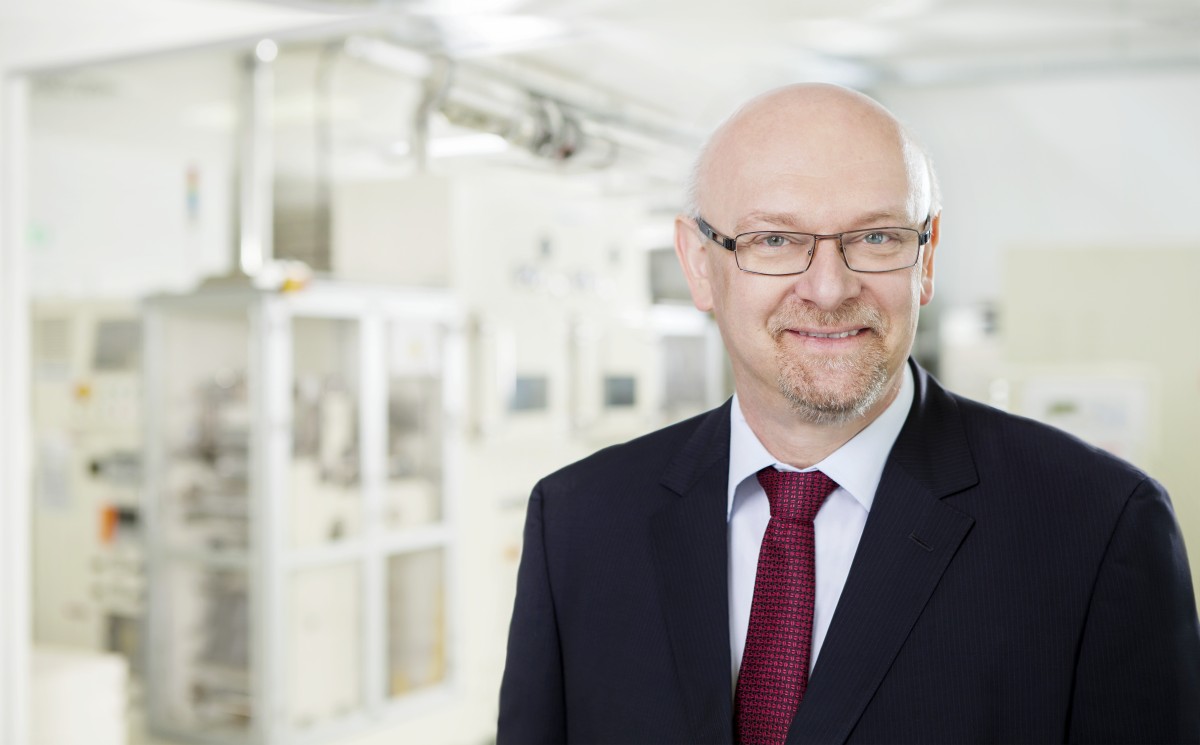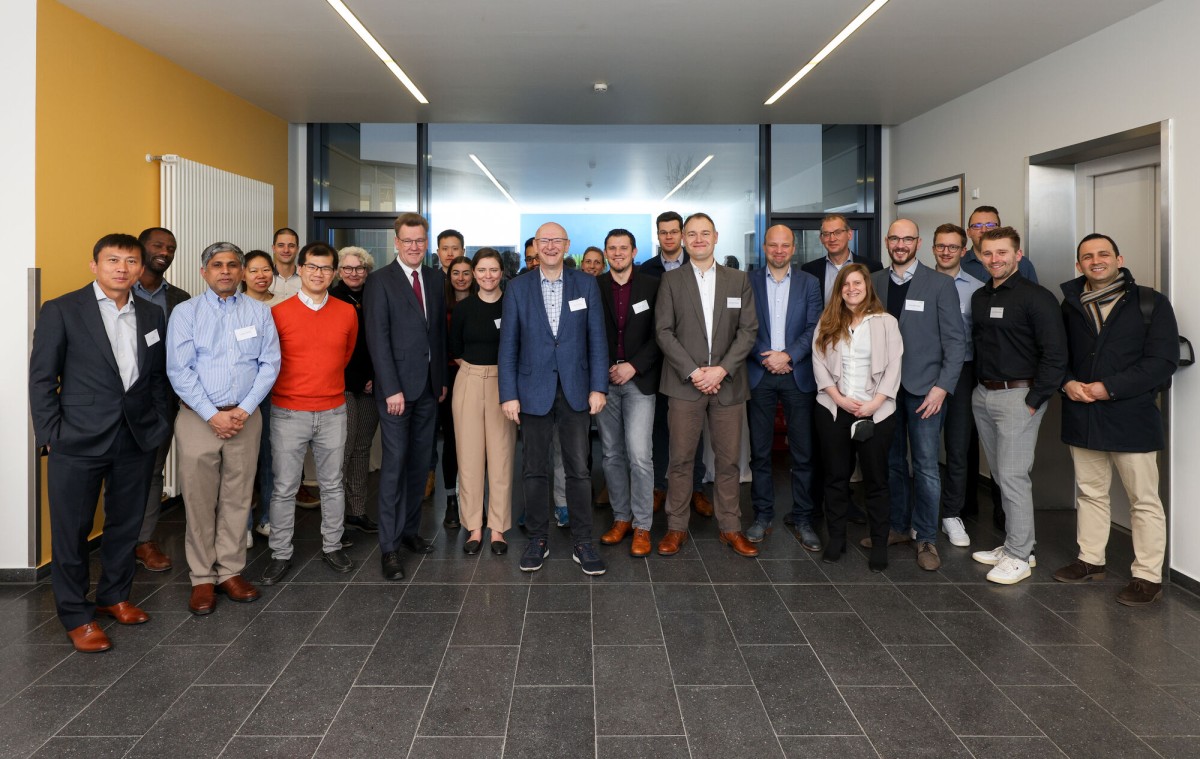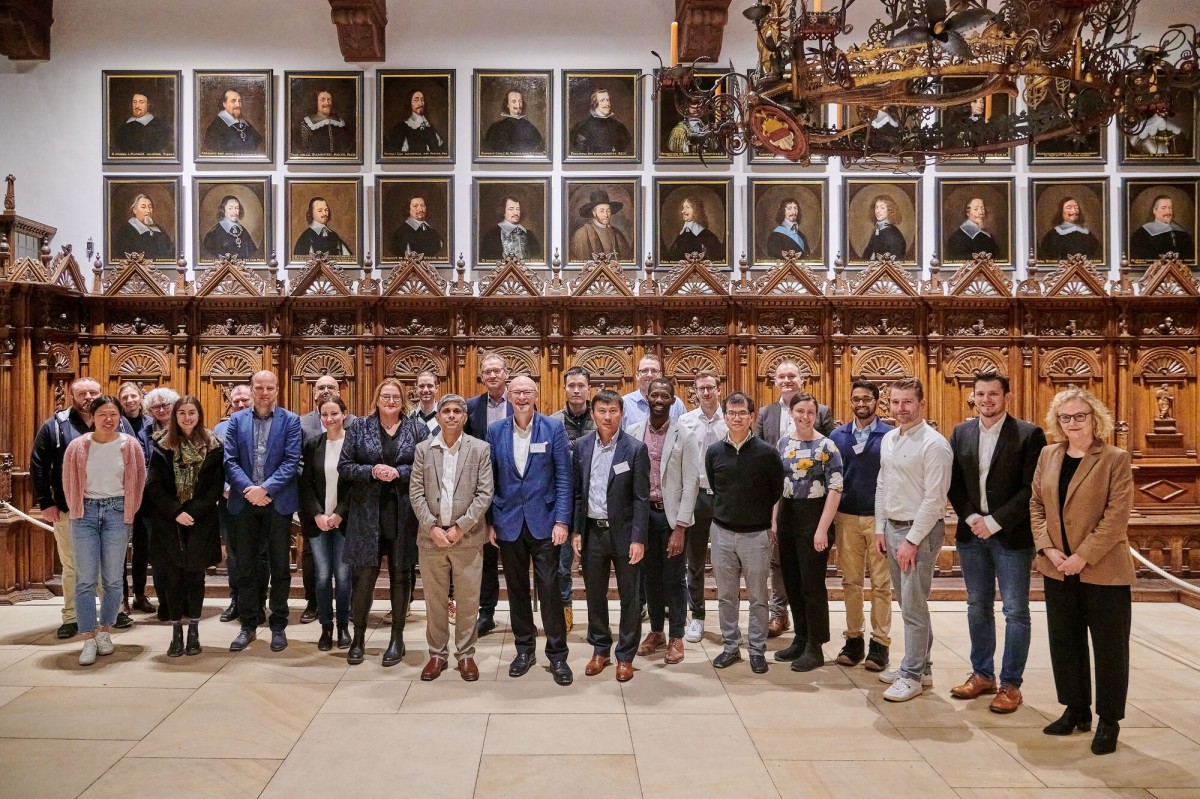
“The subject of batteries is high up on the international agenda”
Top-level experts from the Universities of Stanford (USA) and Twente (Netherlands) are visiting the MEET Battery Research Centre at the University of Münster from 24 to 26 January as part of a Winter School. About a year ago, a delegation from Münster University – including Rector Prof. Johannes Wessels and Prof. Martin Winter – and one from the University of Twente travelled to Stanford University in California. In the talks they held there, one of the topics discussed was the role of battery research and energy storage as a global challenge in the energy and mobility transition. The collaboration between Münster, Twente and Stanford in battery research is to be expanded to train highly qualified battery researchers. Kathrin Kottke spoke to Martin Winter – the Director of the MEET Battery Research Centre and of the Helmholtz Institute Münster (HI MS) at the Jülich Research Centre – about the scientific importance of the visit and about the next steps being planned in the collaboration.
What topics of relevance to society will you be discussing?
The subject of batteries and research involving them is high up on the international agenda, and in the USA, the Netherlands and Germany there are a lot cross-cutting national activities, some of them receiving billions in funding. The last few months in particular have given us a painful demonstration of how valuable a diversified energy and mobility system is – a system which now needs to be built up, and which displays resilience, technological sovereignty and sustainability, with batteries playing a key role.
How do the experts from the three partners Münster, Twente und Stanford complement each other?
Between Twente and Münster there is a tradition of regular exchanges, in many fields of science, and these exchanges are increasingly being formalised. As far as batteries are concerned, the strengths which Twente has in nano- and engineering sciences provide an excellent fit with the competences which the teams at MEET and IH MS have. There is a collaboration between the USA and Germany, funded by the German Ministry of Research and Education, which has just entered its second phase. Münster is supervising the project, and scientists from Stanford University are also involved in it. In a future trilateral activity we can combine the expertise each side has to cover a large part of the batteries value chain. This is something which is very attractive for everyone involved – as was made clear in our visit to Stanford last May.
How is this collaboration to be continued in the coming years?
Our Winter School represents the specific starting point for our collaboration. One aim which the workshop has is to plan the next steps in it. Now that the subject of batteries and the overarching topic of sustainability is attracting a lot of attention at all three locations – and is due to be systematically expanded through our joint international collaboration – we’re delighted that this meeting will be the beginning of much more.
The programme
In addition to the scientific discussions, six researchers will be signing the Golden Book of the City of Münster during a reception to be given in the Friedenssaal (Hall of Peace). Besides Martin Winter and Prof. Simon Lux from the University of Münster, the honour is also to be bestowed on Prof. Yi Cui and Associate Prof. William Chueh from the University of Stanford, and on Prof. Mark Huijben and Prof. Sebastian Thiede from the University of Twente.


